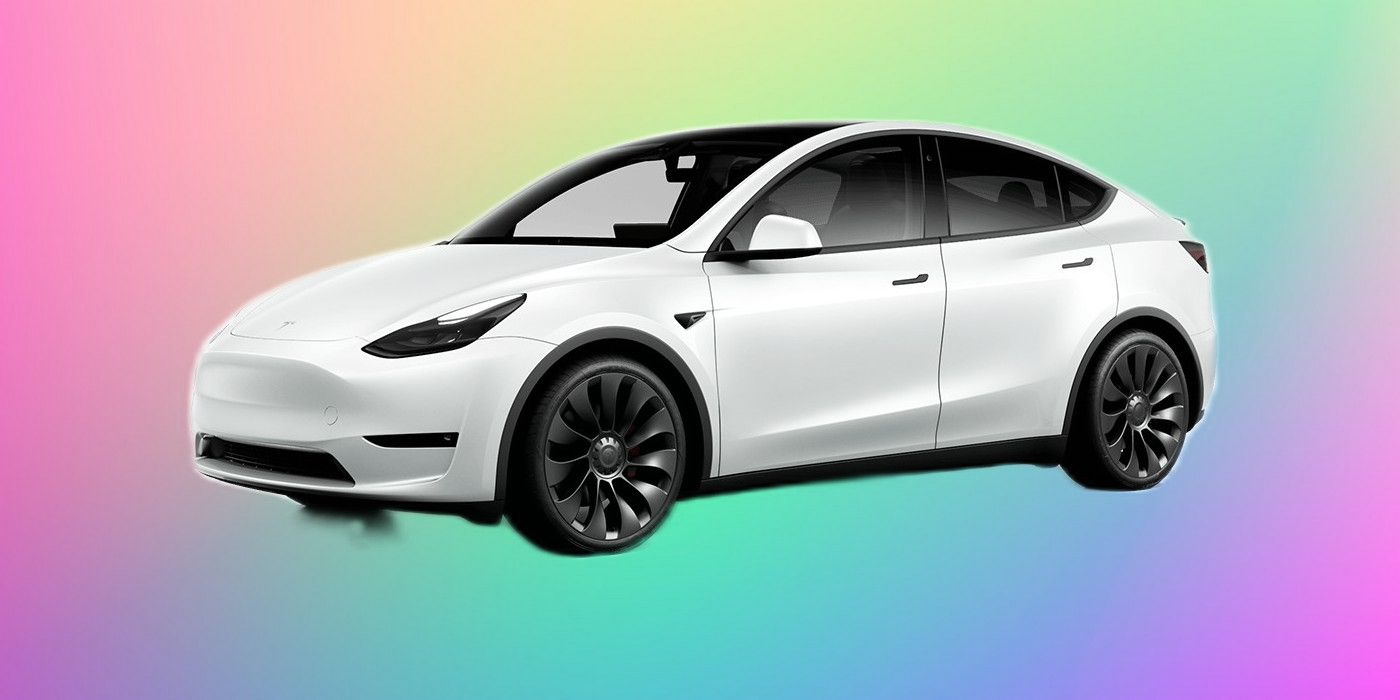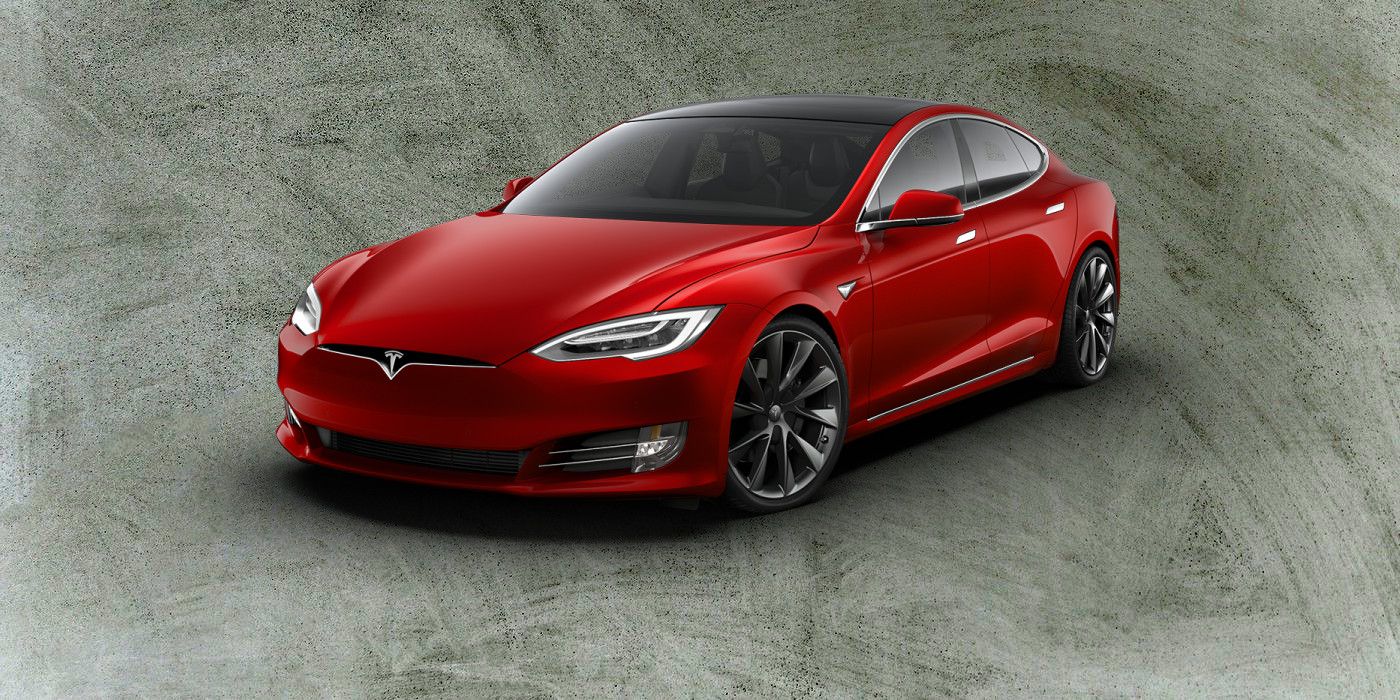Tesla is recalling nearly 1.1 million vehicles in the U.S. over concerns that the windows can pinch someone when rolled up. Tesla has seen multiple recalls for various reasons over the past year. The latest mass recall was in July, when 59,000 vehicles were recalled to fix a serious flaw in their automatic emergency call system. A couple of months before that, Tesla recalled nearly 130,000 cars in the U.S. due to a touchscreen malfunction caused by a CPU overheating during supercharging. Then, about 600,000 vehicles were recalled earlier in the year due to concerns over their pedestrian warning system.
It is worth noting that not all Tesla recalls are for hardware flaws, meaning in some cases, at least, the process involves rolling out a software update remotely to fix an issue. In other cases, the recall involves very few vehicles shipped from specific locations on specific days. One such incident happened in May when Tesla recalled a single unit of the Model X over a missing safety reinforcement. In that case, the car reportedly shipped without a bracket that provides additional support to the body structure at the second-row seat, thereby raising the prospect of a severe injury to back-seat passengers in the event of a collision.
According to a U.S. National Highway Traffic Safety Administration (NHTSA) document, Tesla's latest recall was necessitated because the power windows in the affected cars did not always retract in time on detecting obstructions, like someone's fingers. According to Tesla, the issue can be fixed with a software update that addresses the faulty automatic window reversal system.
All Tesla Models Affected By The Recall
The affected vehicles include some 2017 to 2022 Model 3 sedans, some 2020 and 2021 Model Y crossovers, and a bunch of Model S sedans and Model X crossovers from 2021 and 2022. Tesla said it first detected the problem during testing in August when it found out that the auto reversal system in its cars was not functioning as expected. The company added that it doesn't know of any warranty claims, crashes or injuries due to the problem. However, the NHTSA believes it is a serious flaw, as the lack of a proper automatic reversing system for the windows could pose a significant injury threat to the driver and passengers.
In terms of how the recall process will work, Tesla said that it would inform owners about the issue through letters starting Nov. 15 but didn't specify when the update would begin rolling out to them. As for the cars that are still in the production phase and in pre-delivery, the company says it started rolling out the required software update starting Sept. 13. The software updates will hopefully fix the problem for good, as Tesla can do with some good news in the near future, having faced tons of negative publicity over various issues in the recent past.
Source: NHTSA


